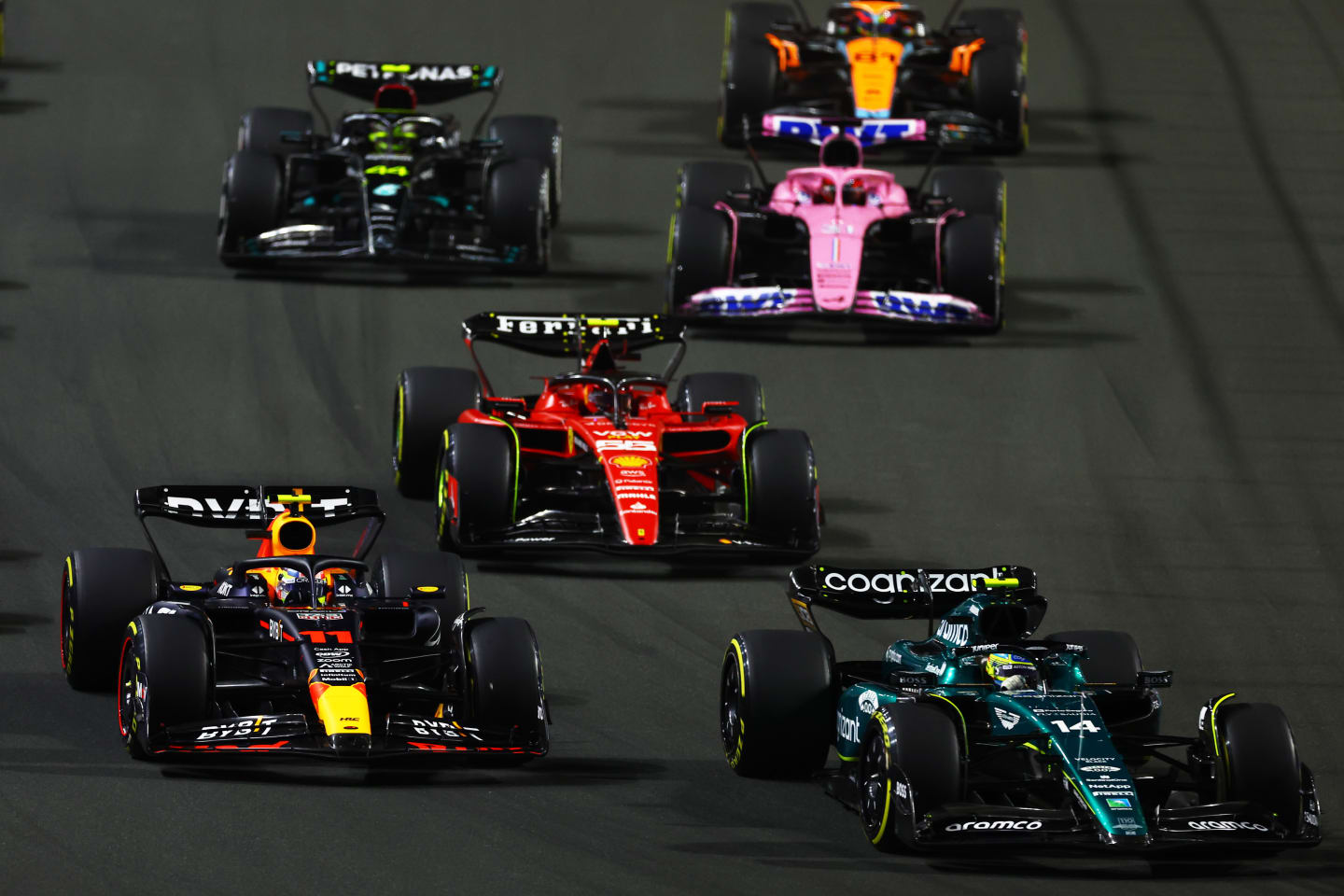Video
WATCH: What are sustainable fuels, how are they made – and how could this affect you?
Share
Advanced sustainable fuel is part of F1’s Net Zero 2030 strategy – but how does it all work, and what does it mean? This video explains all in under three minutes.
The next Formula 1 revolution is nearly here as F1 is working with major fuel manufacturers to develop a 100% sustainable hybrid fuel, that will be introduced in 2026 – when the new era of F1 hybrid power units is introduced.
Currently, F1 uses E10 fuel – 10% renewable ethanol – but the motorsport is pushing for more.

Formula 1’s next engine era will be more efficient and carbon net zero
Sustainable fuel won’t add to the overall amount of carbon in the atmosphere but it will ensure that the existing combustion-engined cars continue to move. It’s part of Formula 1’s push towards Net Zero Carbon by 2030, an ambitious target that will be achieved with the help of manufacturers, teams, promoters and partners.
READ MORE: Net Zero Carbon: How Formula 1 is going to meet this ambitious target by 2030
Existing initiatives include sustainability efforts at race circuits, focusing on areas such as plastic and waste, wellbeing and nature, and improving fan mobility. Back at base, F1’s offices are now using 100% renewable energy with the company and numerous F1 teams having earned 3* FIA environmental accreditation – while more and more fans are using public transport and walking to venues.
Watch the video explainer above to learn why F1 is pursuing sustainable fuels, how they will work, and what it means for you.
YOU MIGHT ALSO LIKE
Podcast BEYOND THE GRID: McLaren chief Piers Thynne on the team’s championship transformation and life at Woking
FeatureF1 Unlocked IT'S RACE WEEK: 5 storylines we're excited about ahead of the 2025 Miami Grand Prix
News F1: The Academy documentary series to launch on Netflix in May
News Marc Gene hails Ferrari’s Hamilton/Leclerc line-up as the ‘best’ in F1 – but admits he felt ‘sorry’ for Sainz




